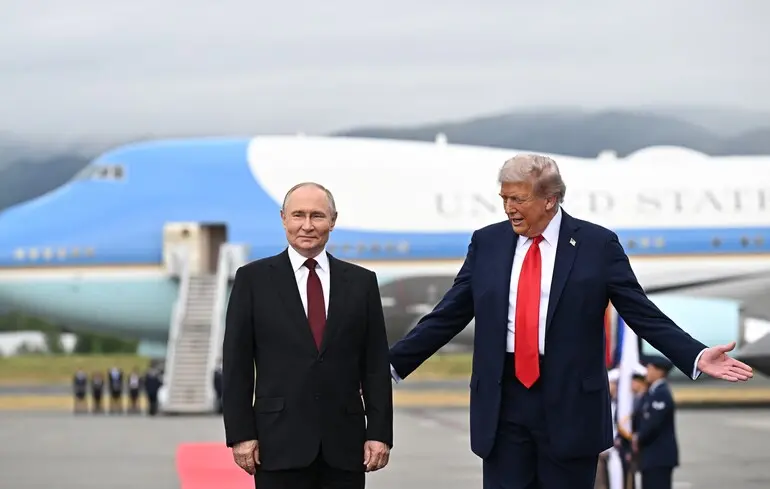Putin and Endless Diplomacy: A Power Play Amidst War Tensions

In the complex world of geopolitics, the unpredictable actions of Russian leader Vladimir Putin increasingly resemble a sophisticated game filled with uncertainties.
Following revelations linked to his visits to Alaska and meetings with Western leaders, it becomes evident that for Putin, continuous negotiations are merely another tool in his long-term strategy of manipulation, influence expansion, and internal stabilization.
During his recent visit to the Kremlin, Putin again demonstrated his ability to combine diplomatic maneuvers with displays of power, reassuring the international community of his willingness to engage in dialogue while maintaining the option to use diplomacy as a means to achieve military objectives.
What does the Russian leader truly seek? It’s clear that his main goal is to maintain power, strengthen regional positions, and undermine Western unity.
Meanwhile, behind the scenes in the Kremlin, fears grow over economic challenges, sanctions, and internal protests, which push him to leverage diplomacy as a cover for escalating military ambitions.
Despite all declarations of peace and calls for dialogue, Putin persistently prepares the ground for continuing the war, using negotiations as a distraction and strategic maneuver.
Simultaneously, Trump’s policy towards Ukraine and Russia remains largely passive, benefitting Kremlin’s tactics.
This ruleless international game sees Russia’s dictator trying to use diplomacy to amplify influence, playing on the internal and external divisions of the West.
In conclusion, the question remains: can Putin’s diplomatic approach truly alter the course of events, or is it just another phase of his prolonged tactics of persistence and conflict?

